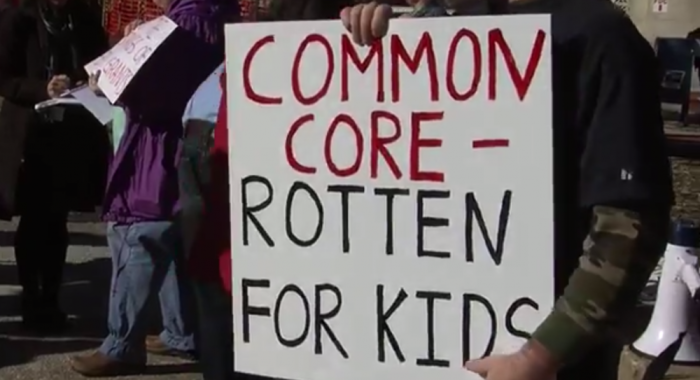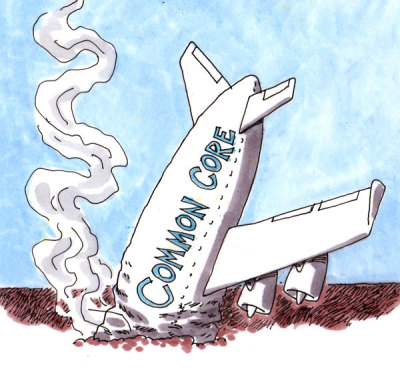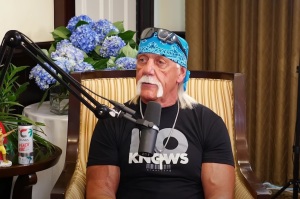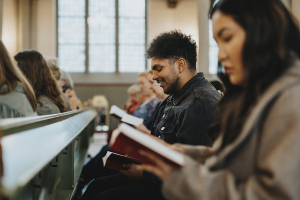Only 1/4 of Public School Parents Support Common Core, Poll Finds

A new PDK/Gallup poll shows little nationwide enthusiasm for Common Core with only a quarter of public school parents supporting the unpopular education initiative.
The poll shows a backlash against increasing trends among educational bureaucrats to emphasize standardized testing. In 1970, three-quarters of parents enthusiastically supported national testing. According to the study, fourteen percent of parents ranked standardized testing as the best approach for educating their child, which ranked last among options.
Common Core stresses nationwide standards for mathematics and the English language. It does not necessarily require, but often involves, more testing. Most Americans do believe that parents should have the right to opt out of standardized tests for their child if they so choose.
Forty-six states initially adopted the standards but some states have since repealed the initiative while others states continue to debate its implementation.
In an interview with The Christian Post, Dr. Terry Stoops, director of education studies at the John Locke Foundation in Raleigh, North Carolina, explained some of the findings of the poll and Common Core's unpopularity:
"The poll results are not surprising," declared Stoops. "The rush to adopt the standards and, in some cases, their shoddy implementation have undermined otherwise effective mathematics and English language arts instruction.
"Many parents feel blindsided by Common Core," added Stoops. "Dramatic changes in math instruction, such as the use of unorthodox methods of solving basic problems, have made Common Core the source of common confusion for many parents, children, and teachers."

According to the poll, most Americans are familiar with Common Core standards, with 72 percent saying they have heard "a great deal" or "fair amount" about the unpopular initiative. Only three percent of those polled said they were unfamiliar with Common Core.
"Parents have a front row seat to the Common Core chaos," says Stoops. "They struggle to assist their children with assignments that do little to advance mastery."
"They see exasperated classroom teachers who are compelled by their superiors to implement Common Core in lockstep with their colleagues," he adds.
Republican presidential candidate Jeb Bush, Bill Gates, Microsoft co-founder, and Thomas Donohue, president of the U.S. Chamber of Commerce are some of the most vocal advocates of the Common Core initiative.
During the August GOP presidential debate, Florida Senator Marco Rubio criticized the initiative saying, "The Department of Education, like every federal agency, will never be satisfied. They will not stop with it being a suggestion. They will turn it into a mandate."
Stoops says he understands the concern with the initiative, and while he believes that it is improvement for some states, he believes there are much better alternatives for students.
"As a parent of two public school children and spouse of a public school teacher, I know just how counterproductive, even detrimental, Common Core-inspired instruction can be.
"While the Common Core State Standards may have been an improvement in some states, we need to do better," declared Stoops. "States need to replace Common Core with concise, rigorous, and research-based academic standards."
According to the polling, African American parents were the only demographic who favored implementation of Common Core standards. Households that identified politically as Democrats still opposed teachers using Common Core in their child's classroom.
The polling found wide support for charter schools and choice for choosing public schools, but only 31 percent of Americans polled supported taxpayer vouchers for private schools. The PDK / Gallup poll surveyed 3,499 adult Americans via internet and 1,001 Americans by phone. Both surveys were conducted in May of 2015.




























